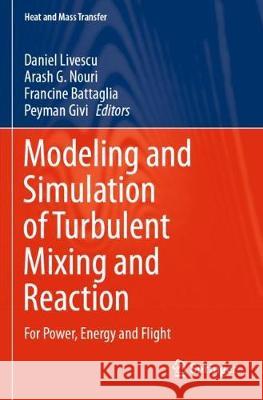Modeling and Simulation of Turbulent Mixing and Reaction: For Power, Energy and Flight » książka
topmenu
Modeling and Simulation of Turbulent Mixing and Reaction: For Power, Energy and Flight
ISBN-13: 9789811526459 / Angielski / Miękka / 2021 / 263 str.
Modeling and Simulation of Turbulent Mixing and Reaction: For Power, Energy and Flight
ISBN-13: 9789811526459 / Angielski / Miękka / 2021 / 263 str.
cena 401,58
(netto: 382,46 VAT: 5%)
Najniższa cena z 30 dni: 385,52
(netto: 382,46 VAT: 5%)
Najniższa cena z 30 dni: 385,52
Termin realizacji zamówienia:
ok. 22 dni roboczych.
ok. 22 dni roboczych.
Darmowa dostawa!
Kategorie:
Kategorie BISAC:
Wydawca:
Springer
Seria wydawnicza:
Język:
Angielski
ISBN-13:
9789811526459
Rok wydania:
2021
Wydanie:
2020
Numer serii:
000143969
Ilość stron:
263
Waga:
0.39 kg
Wymiary:
23.39 x 15.6 x 1.47
Oprawa:
Miękka
Wolumenów:
01
Dodatkowe informacje:
Wydanie ilustrowane











